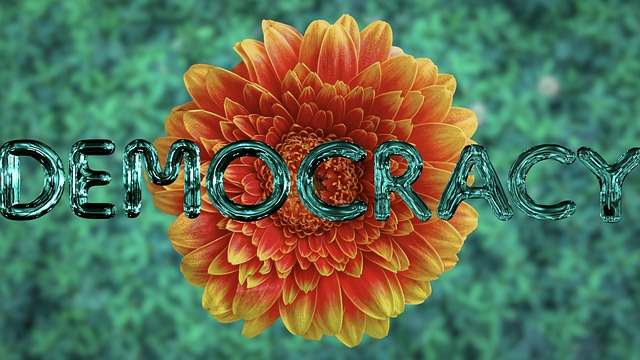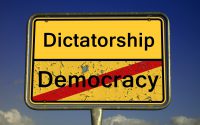How Can We Achieve Direct Democracy?
Democracy is fine when you think about it. People vote, choose representative and these representatives fight for our rights, for better or worse. The trouble is, what if those representatives are both bad choices? What if they deviate from their promises (surprise, surprise) once the elections are over. Political campaigns are expensive and getting the voters’ attention is a business deal, first, then an idealistic one.

Is direct democracy the answer? Wait, what is direct democracy at all?
Direct Democracy – A Simple Explanation
Direct democracy is a form of democracy where the citizens have a lot more power than they do in representative democracy. Direct democracy is then divided into participatory democracy and deliberative democracy. There are other forms, yet these two are the dominant ones.
A good example of direct democracy was ancient Athens. Well, a good example of exclusive direct democracy. Only fully grown men had the right to vote, but they did so on many occasions and for many questions. Outsiders, foreign citizens, women and slaves had no right to vote.
The only country that has strong direct democracy presence is Switzerland. Only two cantons, out of Switzerland’s 26 have pure direct democracy. The rest have a mix of direct democracy and representative democracy. Is direct democracy good?

The Examples of Direct Democracy
Remember that politician who promised you the world and delivered you nothing? With direct democracy, people get to vote on everyday questions. Well, not every single day, but should the need arise, people would vote.
In Switzerland, in order to change laws, there needs to be a majority approval. This only works for the municipal and cantonal laws and questions. On a federal level, however, there needs to be a double majority approval. This means that the majority of people have to agree but also the majority of cantons. Let’s say that the majority of people agree on changing a federal law, but two cantons disagree, the law would remain unchanged.

Direct democracy, again, allows the people to vote on things like paving new roads, fixing old ones, building a new school or financing existing ones. They vote on a regular basis which gives people insight into what is happening in the country or on in their canton or municipality.
Swiss citizens receive ballot papers on a regular basis, about four times a year, as that is the usual number of votes they can do. They can return them by post. Direct democracy is obviously beneficial, but how does one reach that?
Educating People on Direct Democracy
It is no longer good enough for a few people to know about a subject-matter. It would be much better for everyone to learn about direct democracy and what that actually means. The entire constitution of a country would have to be rewritten to include direct democracy, as well as the organs which will be responsible for enforcing it, should some politician decide to return to their old, representative ways.
Following Switzerland’s example, each country would benefit from such a system.
Is Direct Democracy Achievable?

It is, but it needs a change of perspective, people spreading the idea and consistently challenging the existing government to change their style to something else. That, while seeming like an impossible goal, is a goal worth reaching, even though it might take a couple of decades or even centuries.
Direct democracy is a form of democracy where people get the power to vote on all matters, from local to federal, voicing their opinions, which are then easily heard and used to determine the outcome of said matters. It can be achieved through knowledge, patience and dedication.



